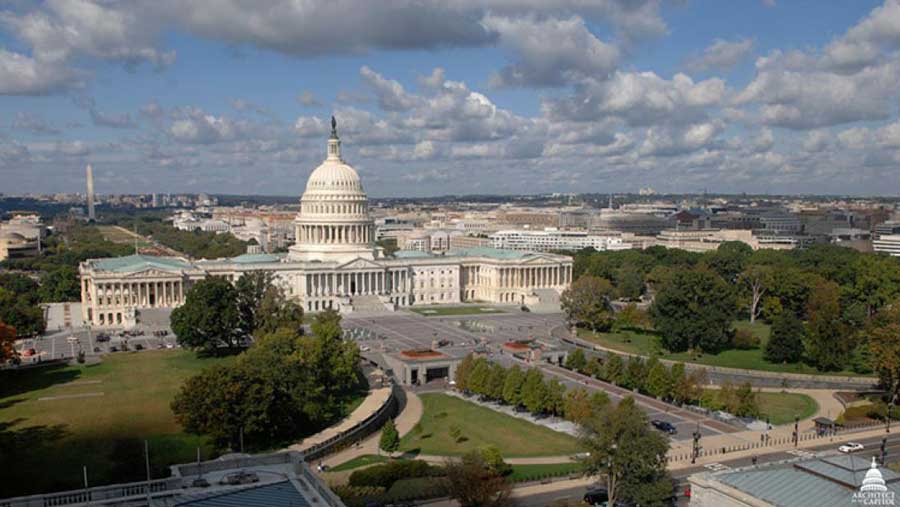States Get Busy on Broadband

The smarter way to stay on top of broadcasting and cable industry. Sign up below
You are now subscribed
Your newsletter sign-up was successful
It was a busy broadband day on the state level, with one state Senate pushing for TV white spaces while a House bill in another state would create a broadband deployment grant fund.
That is according to the Microsoft-backed Connect America Now (CAN), which promotes rural broadband.
In Wisconsin, the state Senate passed a resolution calling on federal regulators--that would be the FCC--to reserve at least three channels below 700 MHz in every market for unlicensed use. Microsoft has been pushing for one vacant channel for unlicensed per market, but Wisconsin is thinking bigger.
Related: Schools & Libraries: We're Keys to Closing Rural Divide
The resolution came on National Agriculture Day. President Donald Trump has said rural broadband is a priority for his administration to help boost the farm economy.
Wisconsin Republican Governor Scott Walker has been a big proponent of TV white spaces, the so-called empty spectrum between TV channels. Broadcasters say those channels will be needed for repacking low power and translator stations after the post-incentive auction repack, or for rolling out broadcasters' new ATSC 3.0 advanced transmission standard.
Microsoft has struck a deal with Packerland Broadband to use white spaces to deliver rural broadband in the northern part of the state, saying it would connect an additional 82,000 people in Wisconsin and Michigan.
Related: Trump: Broadband Buildout Situation 'Intolerable'
In Ohio, a bill that would create a $50 million annual broadband expansion grant program moved out of the state House's Finance Committee that Connect America Now says is expected to be voted on Wednesday in the House.
President Trump has proposed handing out $200 billion in federal funds, some of which (or all of which, for that matter) states are free to use for broadband buildouts if they choose. But this fund would tap into bond revenue.
The money would be confined to deploying broadband to unserved areas, which are defined as ones with no broadband service. It will also give priority to buildouts to schools, libraries, public safety and healthcare facilities, as well as ones that leverage federal funds and create "open access" networks that offer wholesale access.
The smarter way to stay on top of broadcasting and cable industry. Sign up below
Individual grantees would be capped at 50% of the total project cost or $5 million, whichever is lower (though unspent funds for other projects could potentially be reallocated to other projects.
Contributing editor John Eggerton has been an editor and/or writer on media regulation, legislation and policy for over four decades, including covering the FCC, FTC, Congress, the major media trade associations, and the federal courts. In addition to Multichannel News and Broadcasting + Cable, his work has appeared in Radio World, TV Technology, TV Fax, This Week in Consumer Electronics, Variety and the Encyclopedia Britannica.

